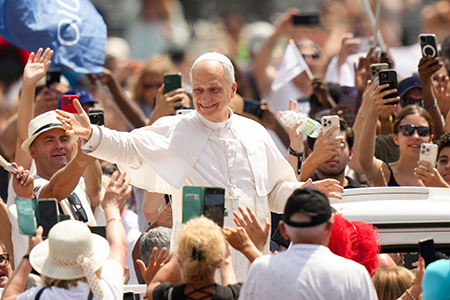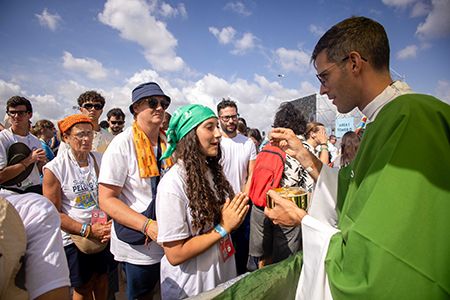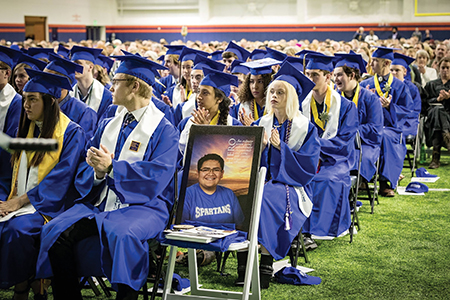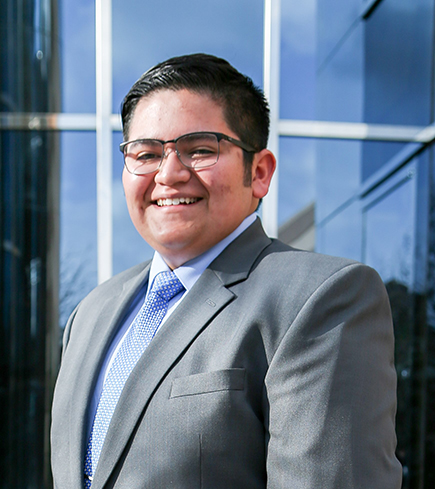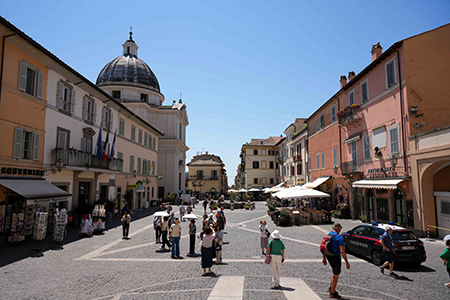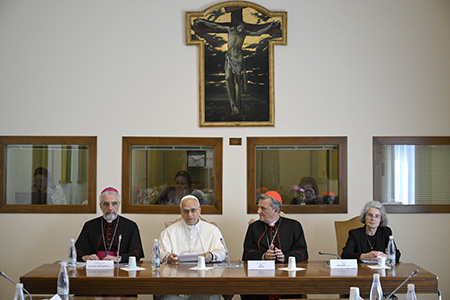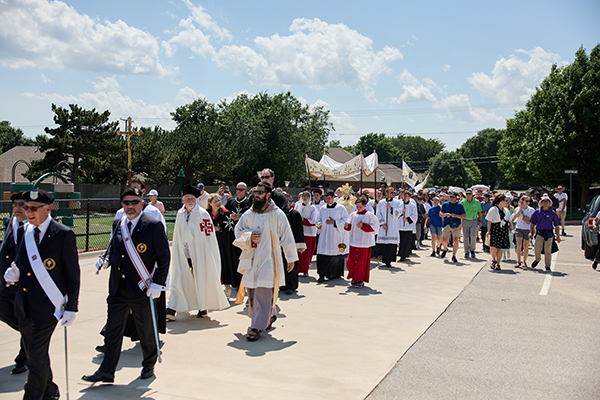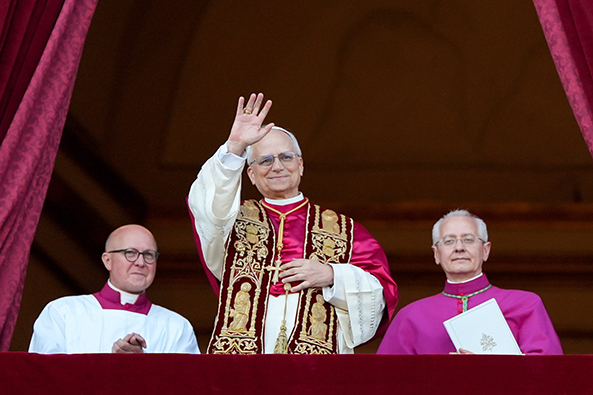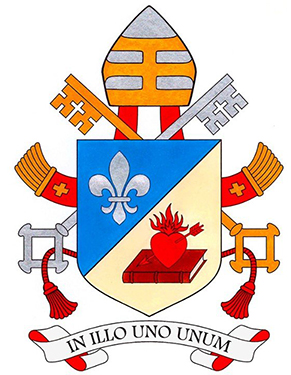NATION
ORANGE COUNTY, Calif. (OSV News) – Law enforcement officials arrested an Alabama man after he allegedly made criminal threats against an Orange County church, and a cache of ammunition and body armor was found in his vehicle, authorities said Sept. 2. The Orange County Sheriff’s Department said its investigators were contacted Aug. 28 by a priest “regarding suspicious, threatening emails” sent to the Norbertine order’s St. Michael’s Abbey in Silverado Canyon. They said the suspect, Joshua Michael Richardson, 38, an Alabama resident, “first sent emails that were interpreted as threatening,” before visiting the church “in person and made additional threats.” The Diocese of Orange did not immediately respond to a request for comment from OSV News. The Orange County Sheriff’s Department said its investigators and deputies “quickly located and detained Richardson for criminal threats,” and that they subsequently found body armor, high-capacity magazines, brass knuckles, and knives after searching his vehicle. “We are grateful to the authorities for their quick action in ensuring the safety of our parish community,” said Jarryd Gonzales, head of communications for the Catholic Diocese of Orange. Noting the recent mass shooting at a Minneapolis Catholic church, he added, “Our parishes and schools continue to strengthen security efforts.”
VATICAN
VATICAN CITY (CNS) – Pope Leo XIV publicly called on the leaders of Sudan’s warring factions to negotiate an end to the violence and to ensure aid can reach desperate civilians. A day after sending a telegram of condolence for people who died when heavy rains triggered a landslide in a remote area of Sudan, the pope publicly called for peace and for prayers Sept. 3 at the end of his weekly general audience. “Dramatic news is coming from Sudan, particularly from Darfur,” Pope Leo said. “In el-Fasher many civilians are trapped in the city, victims of famine and violence. In Tarasin, a devastating landslide has caused numerous deaths, leaving behind pain and despair. And as if that weren’t enough, the spread of cholera is threatening hundreds of thousands of people who are already exhausted.” The pope called on “those in positions of responsibility and to the international community to ensure humanitarian corridors are open and to implement a coordinated response to stop this humanitarian catastrophe.”
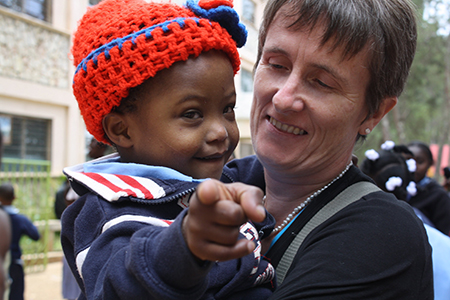
WORLD
JERUSALEM (OSV News) – As the Israel-Hamas war nears the two-year mark, Catholic leaders have headed to Jerusalem, the Palestinian West Bank and Israel on a pastoral visit. The delegation is headed by Archbishop William E. Lori of Baltimore, who serves as vice president of the U.S. Conference of Catholic Bishops; Msgr. Peter I. Vaccari, president of the Catholic Near East Welfare Association-Pontifical Mission; and members of the Knights of Columbus, including Supreme Knight Patrick E. Kelly and Supreme Secretary John A. Marrella. In a Sept. 2 press release issued by CNEWA-Pontifical Missions, Msgr. Vaccari said the visit was meant to provide accompaniment and solidarity with those suffering from the war, sparked by Hamas’ Oct. 7, 2023 invasion of Israel. “The Gospel compels us to witness, to stand in solidarity with all those who suffer at the hands of terror, war and famine, to answer the question put to Jesus in the Gospel of St. Luke, ‘And who is my neighbor,’” said Msgr. Vaccari. “By visiting the church of Jerusalem, from which our faith has spread throughout the world, we hope to communicate to our suffering sisters and brothers of our unity in resolve and purpose in assisting them in their time of Golgotha, as we work together to seek justice and advance the cause of lasting peace.”
PORT-AU-PRINCE, Haiti (OSV News) – An Irish missionary held hostage in Haiti has been freed after nearly a month in captivity. Gena Heraty, who has served in Haiti for three decades, was taken on Aug. 3 when armed men stormed the Saint-Hélène orphanage near Port-au-Prince. Heraty and several others, including a 3-year-old child with disabilities, are now safe and receiving medical and psychological care. Agenzia Fides, a news branch of the Dicastery for Evangelization, confirmed the release Sept. 1. Heraty leads the orphanage, part of an international network serving vulnerable children across Latin America. Her family expressed “deep gratitude” for the global prayers and efforts that secured her release, while asking for privacy as she recovers. Irish Deputy Prime Minister Simon Harris had called for her immediate release, praising her lifelong dedication to Haiti’s poor when she was kidnapped. The abduction highlights the worsening crisis in Haiti, where gangs control most of the capital and millions face severe hunger. Church leaders warn that escalating violence is crippling ministry and humanitarian work. Between the beginning of April and the end of June, armed violence in Haiti has killed 1,520 people and injured 609 more, according to a new report on human rights in Haiti which was released on Aug. 1 by the U.N.nuclear-free future.

